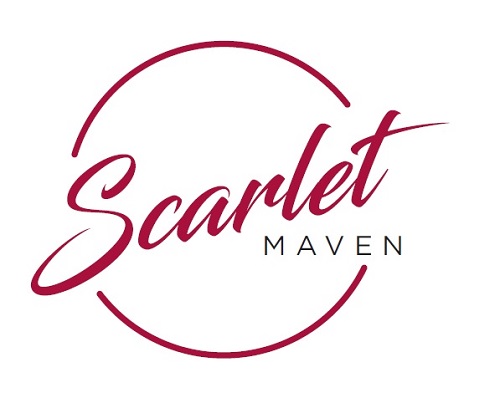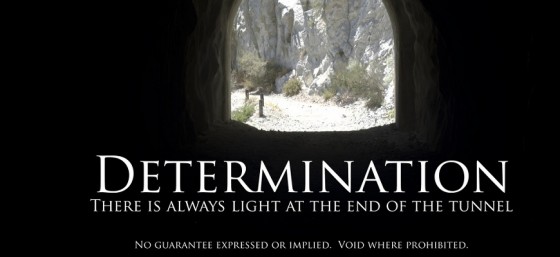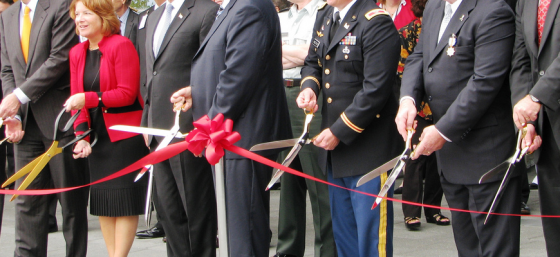
One of the biggest challenges facing small businesses seems to be getting clients to pay their bills. Dealing with non-paying clients or delinquent clients is one the most common complaints I hear about from other entrepreneurs. Your first line of defense against these people is in your contract.
Create an Upside When Clients Don’t Pay – in Your Contract
You can put anything you want in a contract, as long as it’s legal. (This is why you can’t have a legally binding contract to buy/sell heroin or a human kidney.) Most contracts include a provision about a late fee, so if your client is late in paying you, you can make them pay more, up to the maximum interest rate allowed by law.
If you are a professional creative, such as a website developer, graphic designer, or photographer, you can put in your contract that you won’t give the client the final deliverables until they’ve paid the balance on their account. This is an effective way to hold your clients’ financial feet to the fire.
Don’t Publicly Shame Your Clients
No matter what you put in your contracts, don’t shame your clients for being late in paying their bill. Don’t put in a provision that says if they’re late, you can put up a sign or billboard, or hire a skywriter to tell the world that the client didn’t pay their bill. That doesn’t help anything. That could easily backfire because it makes you look like a jerk.
I had some ideas that aren’t publicly shaming, but still could make you look worse than your non-paying client if it became public information, like including a provision that says, if you’re more than 90 days late, every time we send you a reminder, the subject line will be, “Hey Asshole! Pay your bill!” As validating as that might be in the moment, it probably wouldn’t be an effective strategy for getting referrals, or even getting them to pay.
Free Ideas for Revising Your Contracts
Recently, I wondered what else a company could put in their contract that would encourage clients to pay their bill and have an upside for the company. For the purpose of these suggestions, “you” and “your” refer to the client and “we,” “us,” and “our” refer to the company.
- If you’re more than 30 days late paying your invoice, you agree that you will pay for an office pizza party for us every Friday, and we will add the amount to your unpaid invoice as well as send you a photo of us eating pizza.
- If you’re more than 6 months late paying your bill, we will send a hug-a-gram to your office reminding you to pay us. (It’s like a singing telegram, but instead of singing, they hug you.) We will add the amount of their fee to your unpaid invoice along with a substantial tip.
- For a web designer: If you are 30 days late paying your final invoice, not only will we not launch your new website, you consent that we can commandeer your current site to promote the charity of our choice.
Final Thoughts
Having non-traditional contract terms is not a new idea. Lots of people have had seemingly crazy provisions in their contracts. I want to do more blog posts this year with sample verbiage for contracts that I would love to write, that would be legally binding, and not your traditional legalese.
I want to humanize contracts. I love writing contracts in everyday language. Your contract should be written in a way that you and your clients can easily understand it. If you want to hear more about what I’m doing in my business and practical legal tips to run yours more effective, please add yourself newsletter.









